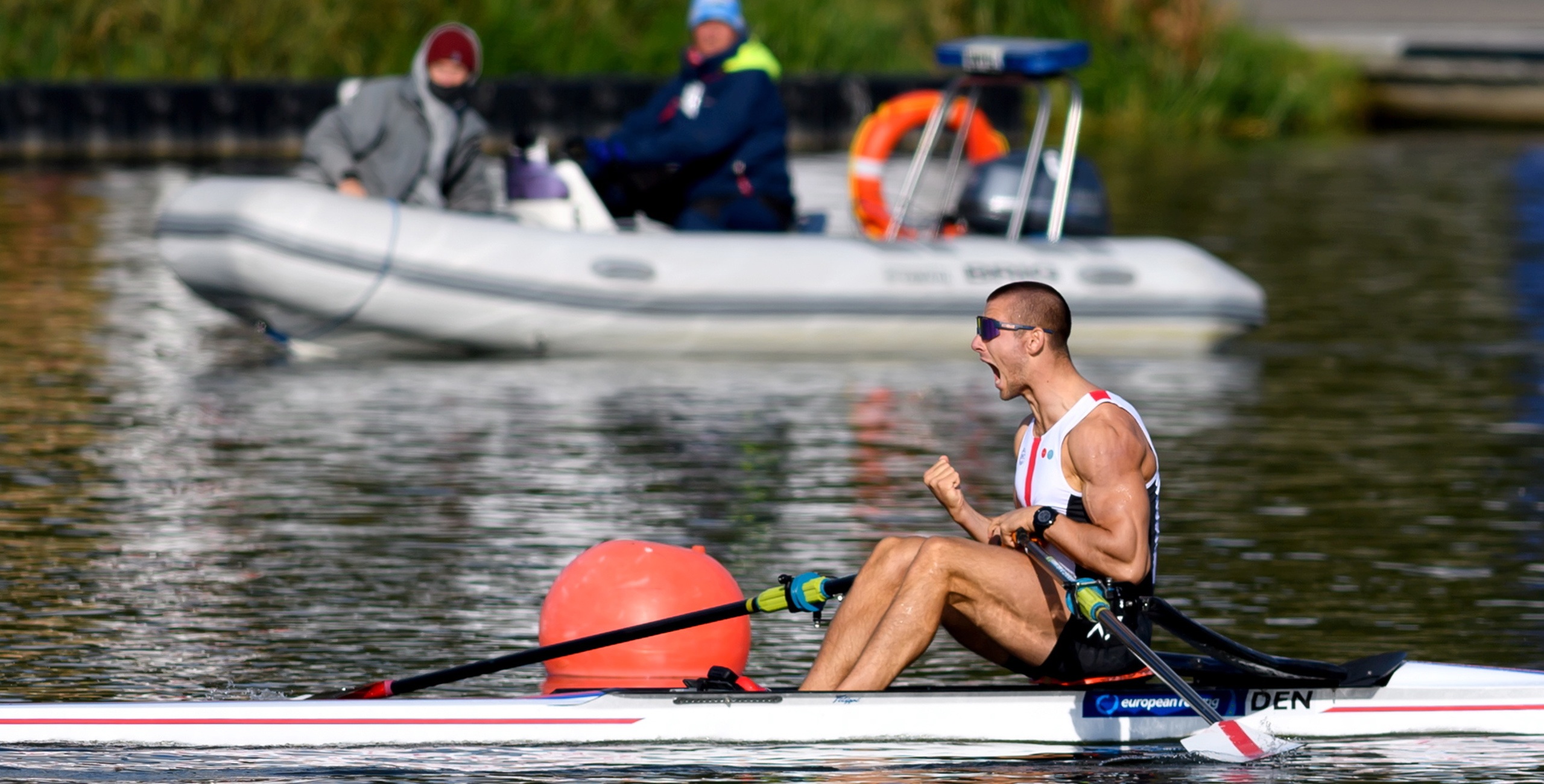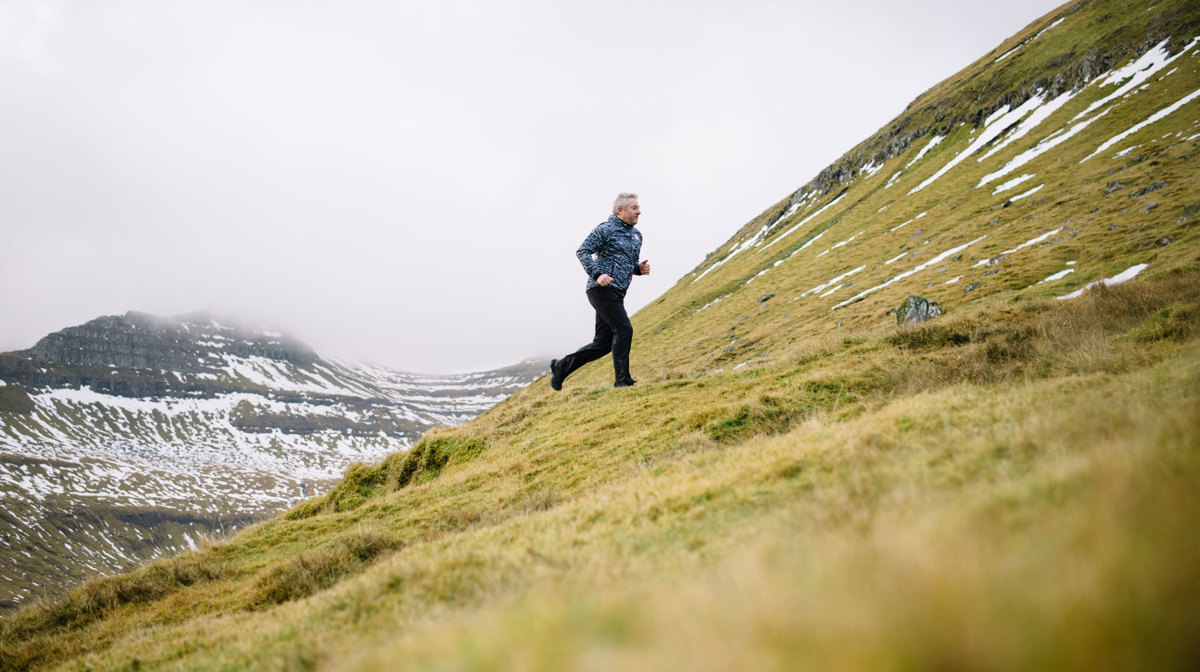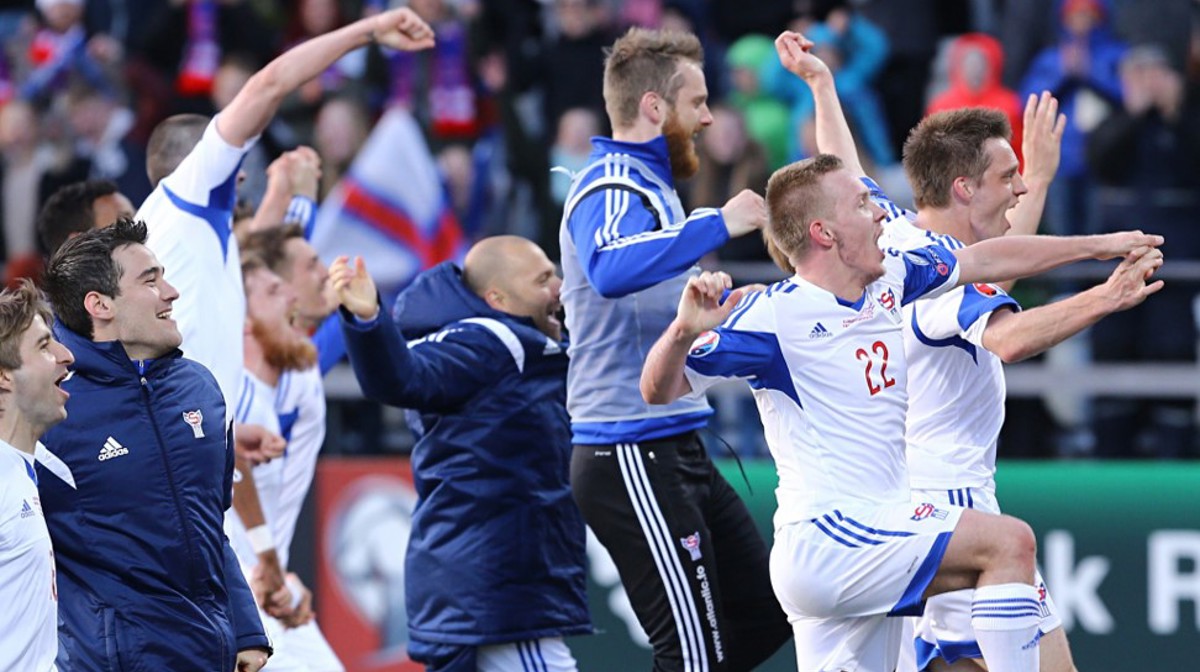
The positive attitude towards keeping active has clear roots in the social and historical circumstances of the Faroe Islands. Before the introduction of modern infrastructure, people often had to walk long distances, hike up mountains, and row from island to island in order to get around. Physical activity thus became a natural extension of everyday life in the Faroe Islands, and it continues to be so.
Active from a young age
From a young age, children are brought on mountain hikes and fishing trips, and are introduced to the virtues of an active lifestyle. Because of the relative safety of letting children play outside freely in the Faroe Islands, physical activity becomes a natural part of growing up. Cycling, skipping ropes and many other outdoor games are played widely among children in local villages and neighbourhoods, often turning whole streets into playgrounds. Schools also emphasise an active lifestyle by making weekly physical education an integral part of the curriculum throughout compulsory education.
Modern healthy lifestyle
For these reasons, it is perhaps not surprising that sports and physical activity have become such characteristic features of the modern way of life in the Faroe Islands. Sports are not just seen as a means to be active and healthy, but have become deeply entrenched in the national culture. There is a general sense that being active is fun and praiseworthy. Most young people engage in some form of sport in a local club, whether it be football, gymnastics, handball, swimming, badminton, dancing or competitive rowing, and it is a common sight to see people of all ages running, both on designated running tracks as well as on roads and countryside paths.
Unique Faroese activities
Because many of the mentioned leisure activities have been part of everyday life in the Faroe Islands for such a long time, they go beyond common categories such as sport and fitness.
For hundreds of years, Faroe Islanders have taken part in physically demanding activities such as walking in the mountains and rowing open boats. Fishing was originally a means of survival, and the traditional Faroese chain dance also served a variety of purposes. In addition to being a joyful physical activity that helped people keep warm and happy during the cold, dark winters, the dance also provided people with an opportunity to come together and tell stories of the past and present through the singing of the old ballads 'kvæðir'.
To this day, the Faroese population takes pride and enjoyment in these activities, which are still widely practised, albeit sometimes with a modern twist.
International recognition
In recent years, a growing number of Faroese athletes, such as swimmer Pál Joensen and rower Sverri Sandberg NIelsen, have participated in international competitions and the Olympics and earned world wide recognition for their successes.
Although the Faroe Islands have independent membership in several sports associations, such as FIFA and UEFA, they have not yet been granted individual membership in the International Olympic Committee. Faroese athletes must therefore compete with the Danish delegation if they want to participate in the Olympic Games. The Faroese Confederation of Sports and Olympic Committee is actively working towards achieving independent membership for the Faroe Islands.

